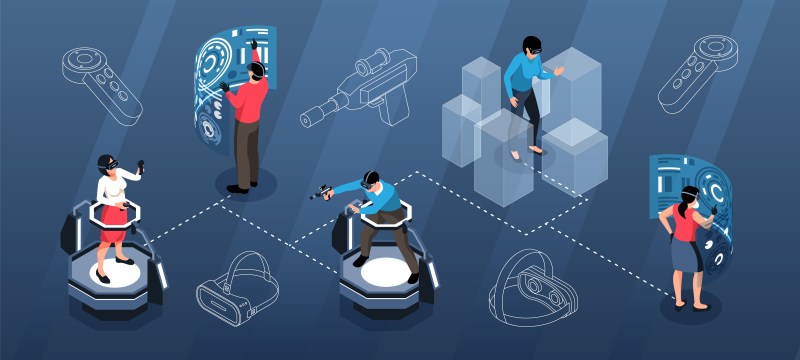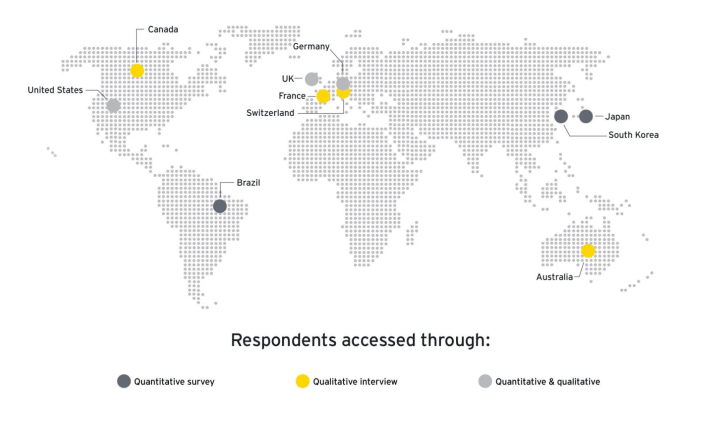A recent study”The Metaverse at workconducted by Nokia and EY examines the benefits perceived by companies using industrial metaverse technologies. This includes capital expenditure reductions, increased sustainability efforts and safety improvements. The study collected opinions from 860 representatives in four industry sectors in six countries.
The rising popularity of the metaverse in business
The Metaverse is generally viewed as a substantive, long-term addition to business strategies rather than a fleeting fad. The study indicates that only 2% of participants surveyed view the Metaverse as a buzzword. At the same time, many companies have already built in or are testing metaverse applications.
Companies report that the industrial metaverse generates significant commercial value. A majority (80%) of companies that have already used metaverse applications expect them to transform their business operations. An overwhelming majority (96%) of participants recognize the innovative potential of integrating physical and digital aspects through the metaverse, which they believe will accelerate the rollout, adoption and monetization of Industry 4.0 strategies within their company.
In addition, companies not currently involved in industrial metaverse technologies have plans to join soon, with 94% planning to explore the metaverse in the next two years.

Metaverse adoption: a geographic perspective
According to the study, the US, UK and Brazil emerge as leaders in deploying industrial and business metaverse applications. Augmented reality is seen as having the greatest potential for transformative value, especially in employee training.
The US and UK lead the way with 65% and 64% respectively of survey participants having tried or fully integrated at least one industrial or business metaverse use case. The Asia-Pacific region, on the other hand, shows slower progress in this area, with Japan and South Korea both at 49% in terms of metaverse implementation or pilot testing.
Companies identified extended reality for training as the most promising use case for transformative value, facilitating effective onboarding and upskilling of their workforce. In addition, three of the four industries surveyed recognized the potential of virtual R&D for improving product design and processes.
The study highlights the need for strong technical infrastructure, such as cloud computing, AI/ML, and reliable network connectivity, to effectively deploy metaverse use cases. This has led companies to seek external partnerships to fill the gap in technical expertise.

Insights from EY and Nokia Executives
Vincent Douin, Executive Director, Business Consulting and Business Transformation at Ernst & Young LLP, commented on the findings: “The industrial and business metaverses have arrived, showing a clear interest in these technologies such as extended reality and digital twins to achieve business objectives. Many organizations are already past the planning stage and are seeing tangible benefits from their initial implementations.”
Thierry E. Klein, President of Bell Labs Solutions Research, Nokia, also shared his thoughts: “Companies clearly rely on Metaverse’s ability to create value in both corporate and industrial scenarios. This fits in well our own perspective, based on more than 8 years of research at Nokia Bell Labs, which extends the Industrial Metaverse to Industry 4.0. As such, those who have already deployed mission-critical communications networks for Industry 4.0 are well positioned to reap the benefits of Metaverse, as some companies are already demonstrating.”
Conclusion
The transition to integrating the Metaverse into business operations is a growing trend. Nokia and EY’s “Metaverse at Work” study shows that companies are recognizing the potential of metaverse technologies and getting tangible benefits from their application.
As we progress, it will be interesting to track the evolution and maturity of metaverse applications in different industry contexts, potentially reshaping the way we perceive and do business.
